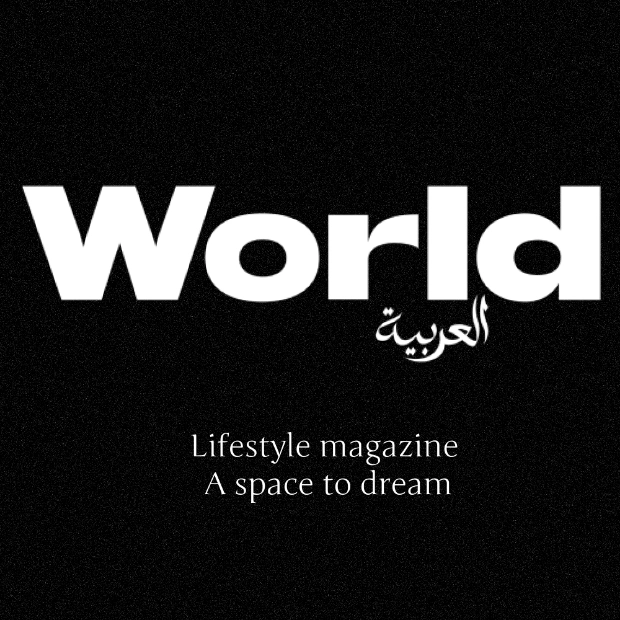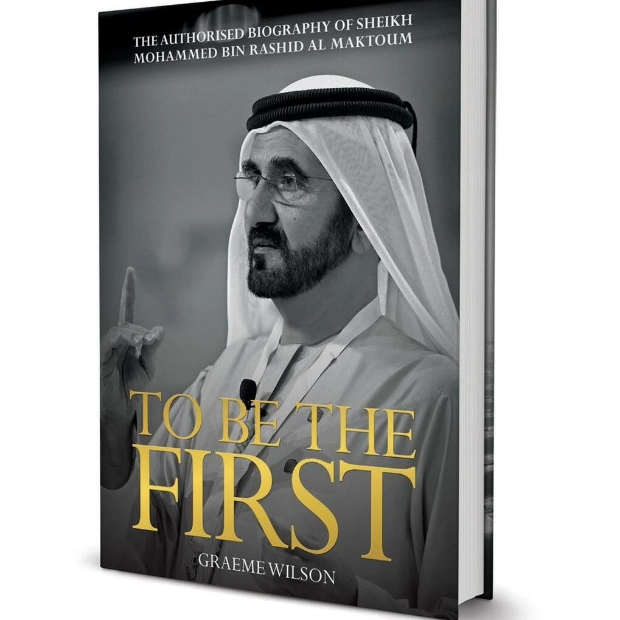Fake news is disseminated 70 per cent more often than real news, highlighting the concerning spread of disinformation in contemporary media. Dr. Jamal Al Kaabi, the director-general of the National Media Office, pointed out the escalating influence of disinformation during a session at the International Government Communication Forum (IGCF) on Wednesday. "Nowadays, when you come across a derogatory tweet about your nation, the inclination is to reply, which subsequently boosts engagement and interaction," he noted. This underscores the perilous loop of misinformation where fake news not only propagates swiftly but also elicits a heightened public reaction.
Disseminating rumors and fake news is a grave crime in the UAE, with fines ranging from Dh100,000 to Dh200,000 and imprisonment from one to two years. The IGCF discussion also tackled the increasing menace of 'electronic flies' or bots and fake accounts on social media. These digital threats have intensified verbal disputes, sowed discord, and provoked abuse, according to experts. In response, a major Gulf initiative was recently introduced to suppress these harmful online behaviors. This initiative, which has received significant attention, was led by Sheikh Abdullah Al Hamed, Head of the National Media Office in the UAE, who has advocated for firm measures against deceptive fake accounts.
In a virtual speech, Sheikh Abdullah Al Hamed revealed that the #StopTheAbuse campaign has successfully thwarted 98.6 per cent of the abuses aimed at both "national and international targets". He emphasized the strategies employed by trolls, saying: "They proliferate across platforms using lures such as football, specific topics, or news stories," and encouraged social media users to stay alert to such tactics. The campaign has received broad support across the Gulf region, with significant involvement from individuals within the UAE and GCC, demonstrating a robust joint effort to fight online abuse and misinformation.






